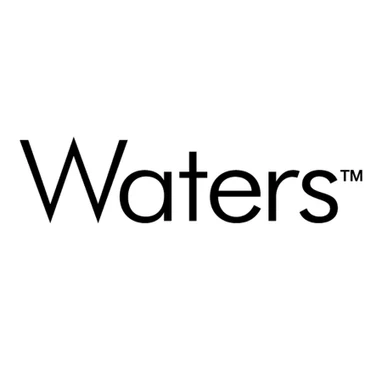Continued movement towards tandem quadrupole mass spectrometry as replacement for traditional high-resolution magnetic sector instruments for POPs analyses

Join the expert panel discussion as they address trends and audience submitted questions regarding the movement of tandem quadrupole mass spectrometry as the replacement for traditional magnetic sector instruments for a variety of persistent organic pollutants (POP’s).
The assembled experts have well in excess of 100 years of combined experience with dioxins, furans, PCB’s, pesticides and related compound analysis as well as sample preparation techniques and regulatory requirements.
Subjects planned for discussion include:
1. The current landscape of regulatory acceptance for MS/MS for these analyses
2. Performance advantages
3. Combining analytes into a single analysis
4. Instrument configuration
5. Alternative carrier gasses
6. Reference materials and more
Presenter: Coreen Hamilton (Analytical Chemist, SGS Analytical Services)
Coreen is an Analytical Chemist with a BSC from McGill Universityand aPhD from the University of Alberta.She has worked atAxysAnalytical (now SGSAXYSAnalytical Services) since 1984, specializing in trace organic analysis and analytical method development. She and her team have developed many methods, several of which have turned into EPA methods, e.g., 1614 (brominated diphenyl ethers), 1668 (PCB congeners by HRMS), 1699 (chlorinated pesticides by HRMS), and 1694PPCP by LC-MS/MS.The AXYS method for PFAS analysis is currently being validated for use as a DoD and EPA method. She recentlysubmitted an applicationto the US EPA ATP program for use of GC-MS/MS for chlorinated dioxin analysis.
Presenter: Frank Dorman (Resident Scholar and Senior Global Market Manager, Dartmouth College and Waters Corporation)
Frank Dorman is currently Senior Business Development Manager for Waters focusing on their global environmental business and, concurrently, a Resident Scholar in the Chemistry Department at Dartmouth College in Hanover, NH where he is active in teaching analytical chemistry to undergraduates and graduate students. In his role at Waters, Frank manages the research-focused environmental market, external collaborations, and interfaces with R&D for new product development. Prior to this, Frank was an Associate Professor in the Department of Biochemistry and Molecular Biology (BMB) sat Penn State University in University Park, PA. At Penn State, Frank served as a member of the Graduate Faculty in: Biochemistry, Microbiology and Molecular Biology (BMMB), Chemistry (CHEM), Biogeochemistry (BGC) and the Forensic Science Program (FRNSC) and the Center for Molecular Toxicology and Carcinogenesis. Franks scientific interests are in gas and liquid chromatography and fundamental characterization, instrumentation and column development, as well as mass spectrometry and atomic spectroscopy as applied to trace analysis in complex sample matrices.
Presenter: Jordan Stubleski (Research Scientist, Wellington Laboratories Inc)
Jordan Stubleski obtained her PhD in Analytical Chemistry from Orebro University in Sweden following the completion of a Master’s degree in Forensic Chemistry from Penn State University, under the supervision of Dr. Frank Dorman. She is currently a Research Scientist at Wellington Laboratories Inc. using Waters instrumentation to develop and validate quantitative methods for the analysis of environmental contaminants in real samples by HRGC/QTOF-MS and HRGC/QQQ. During this process she is also examining the strengths and limitations of the instrument platforms with respect to the production of reliable and robust environmental data. Her ultimate goal is to produce validated analytical methods that incorporate adequate quality control measures as per Wellington’s ISO 17025 accreditation requirements.
Presenter: Chris English (Laboratory Manager, Restek Corporation)
Chris English has managed a team of chemists in Restek’s innovations laboratory since 2004. Before taking the reins of the laboratory, he spent seven years as an environmental applications chemist and was critical to the development of Restek’s current line of volatile GC columns. Prior to joining Restek, he operated a variety of gas chromatographic systems, conducting method development and sample analysis for a global laboratory testing network. Chris holds a B.S. in environmental science from Saint Michael’s College, USA.
